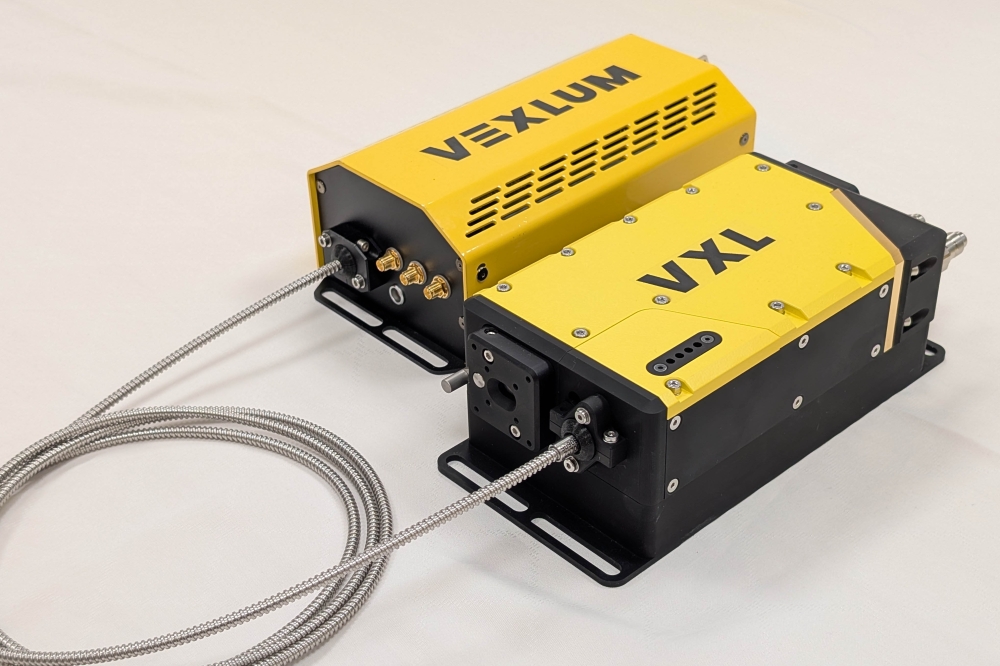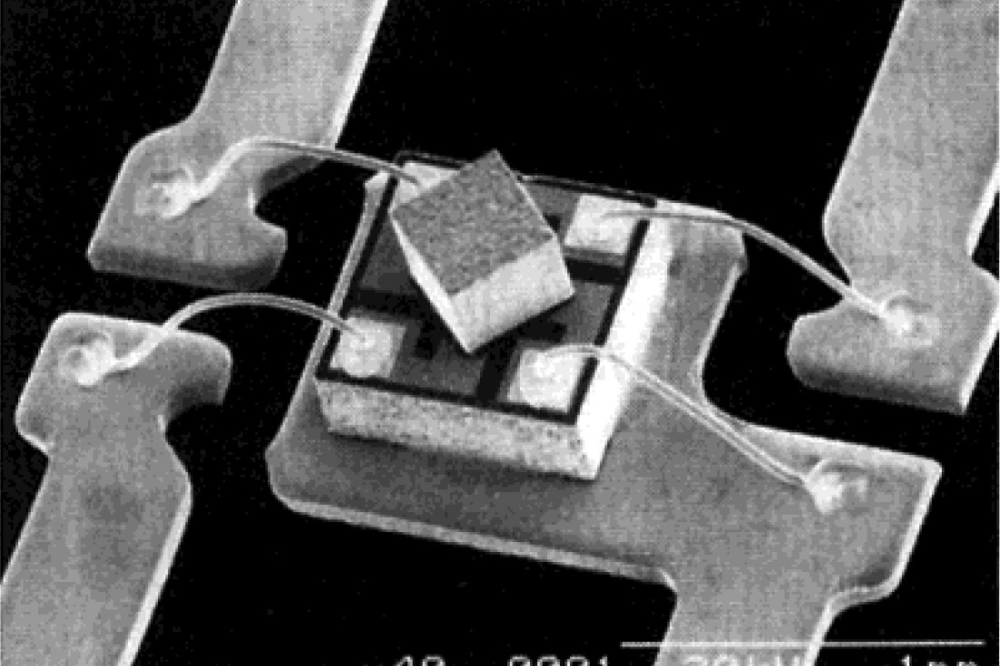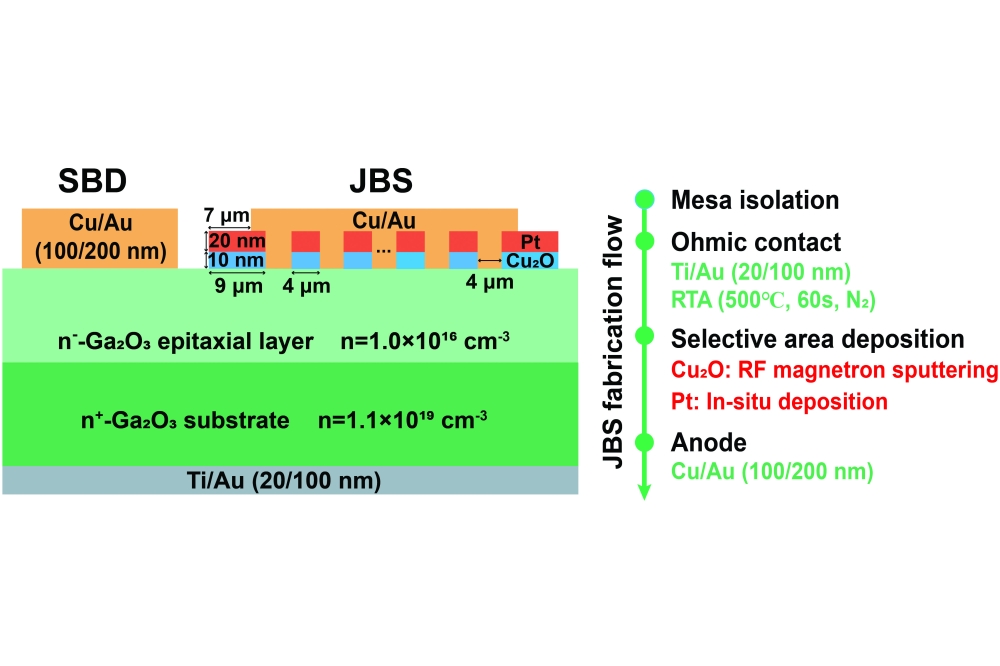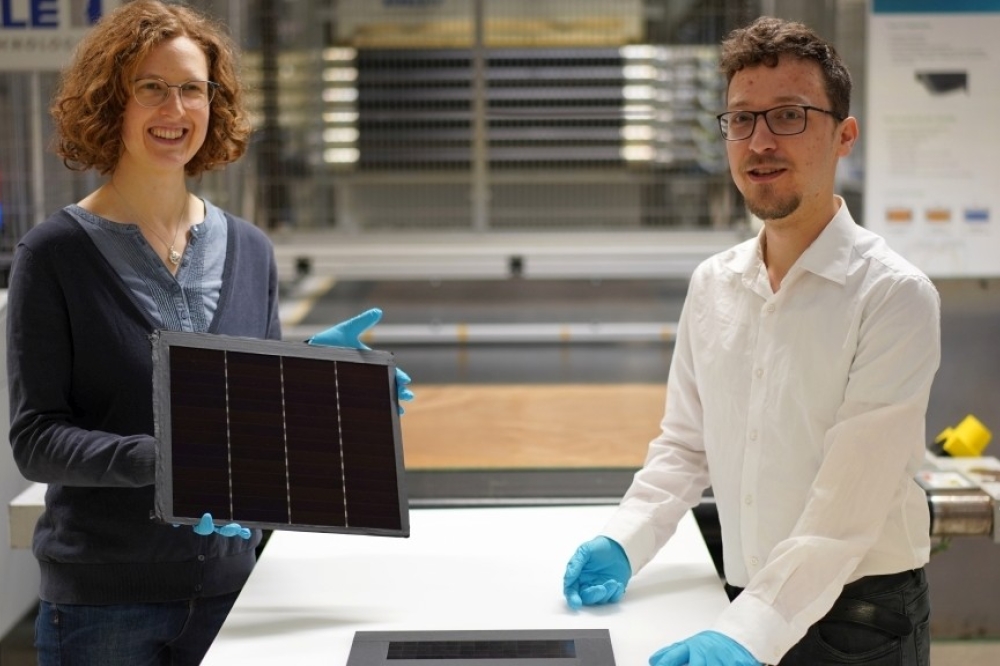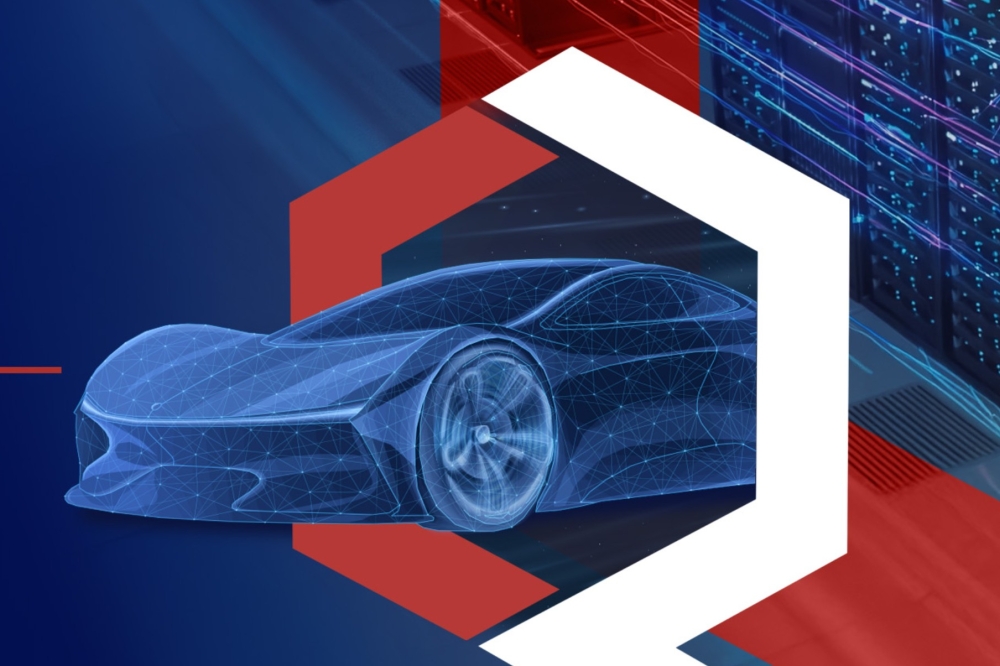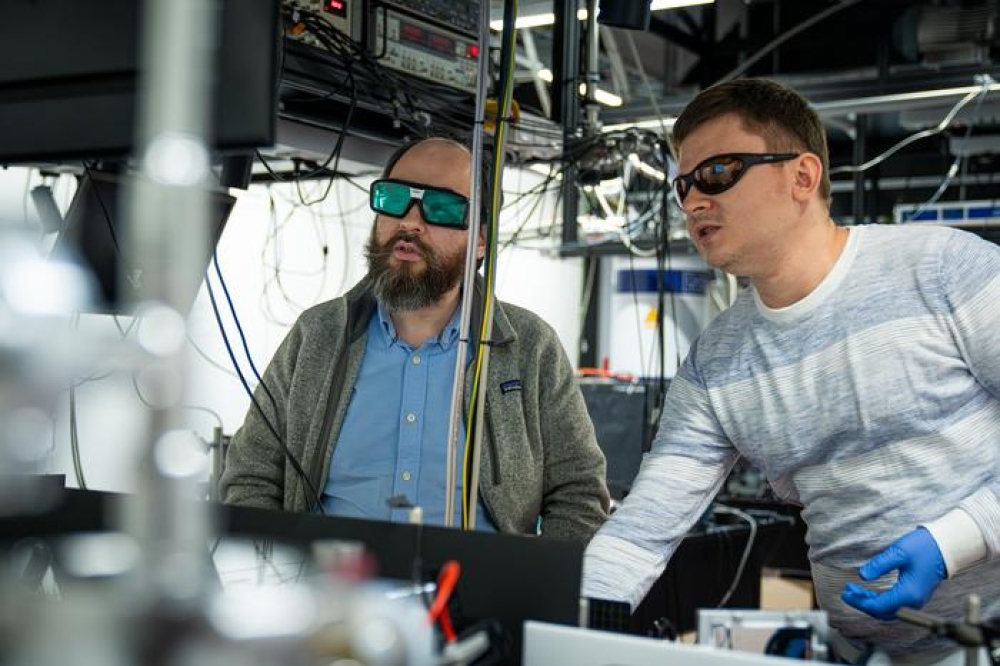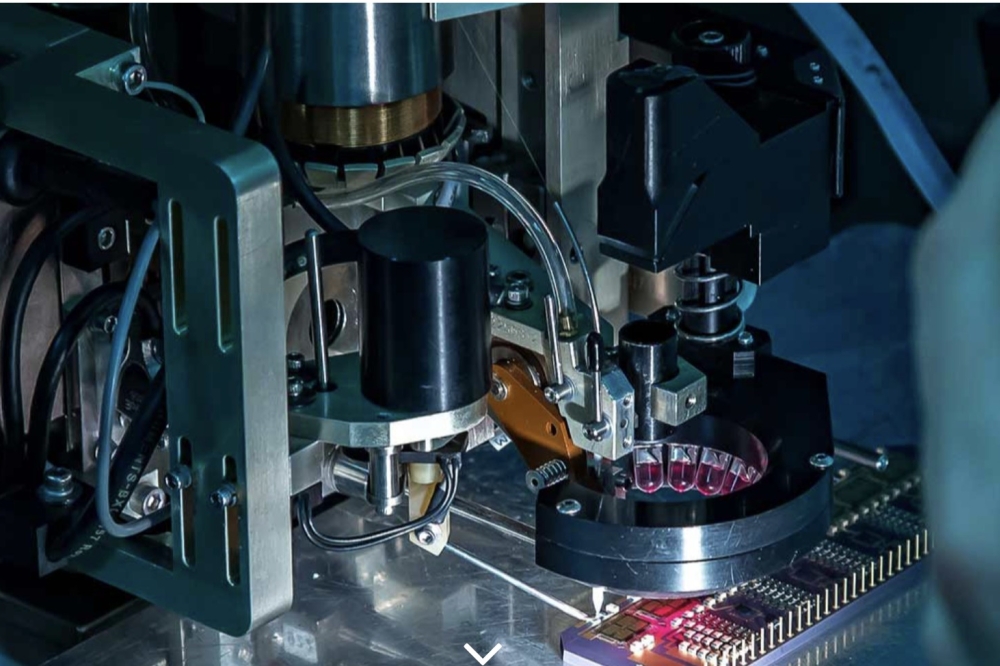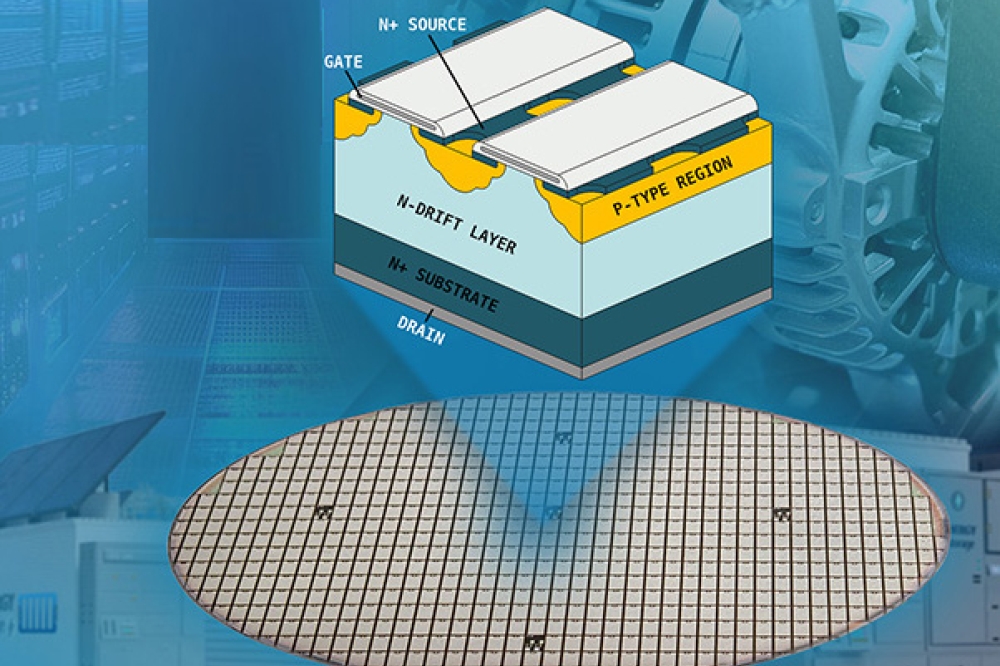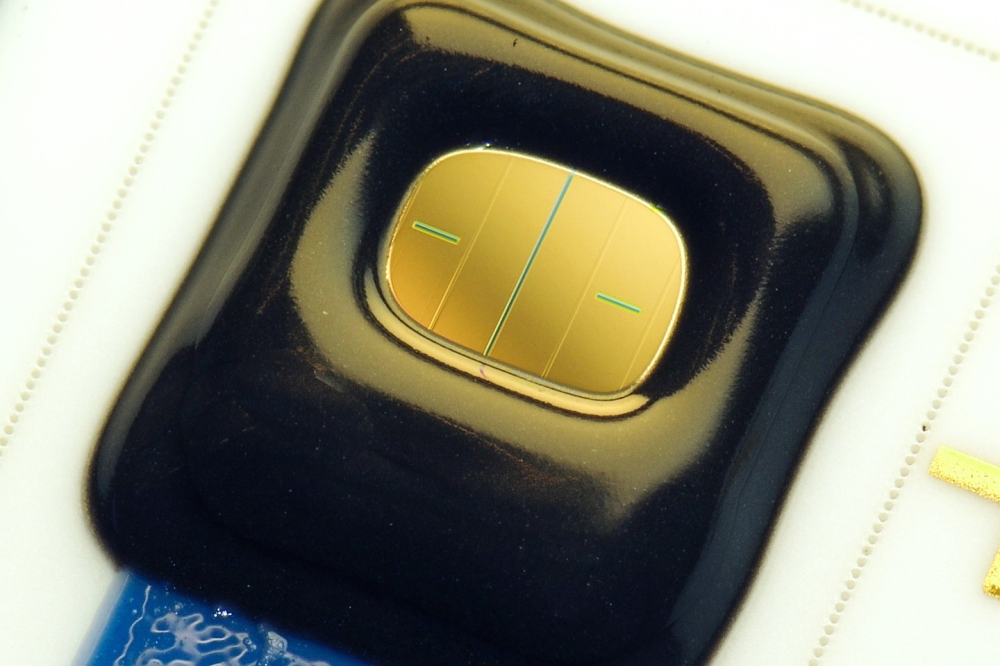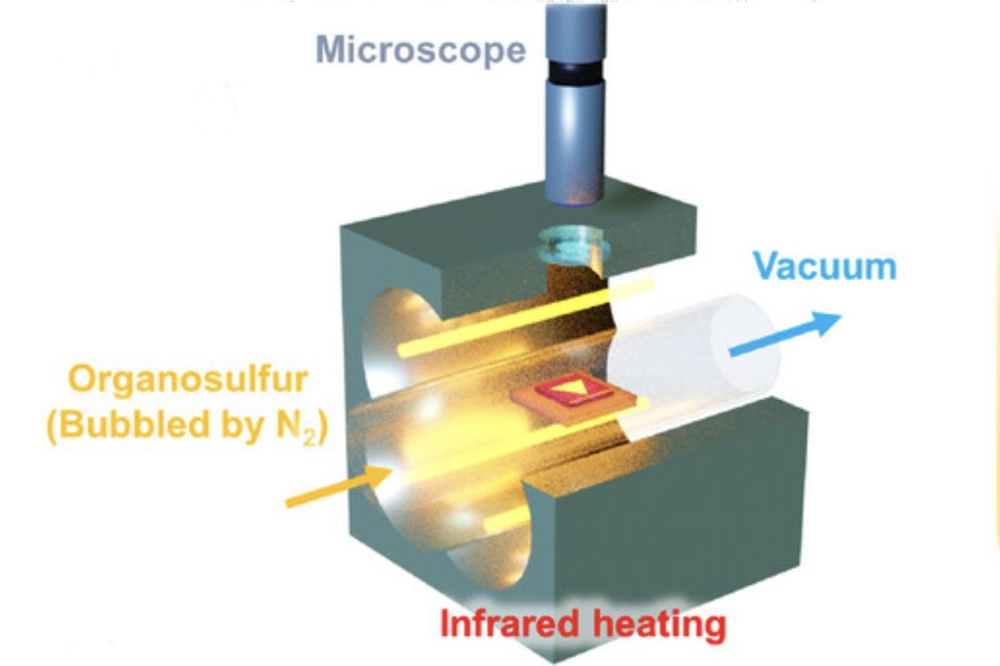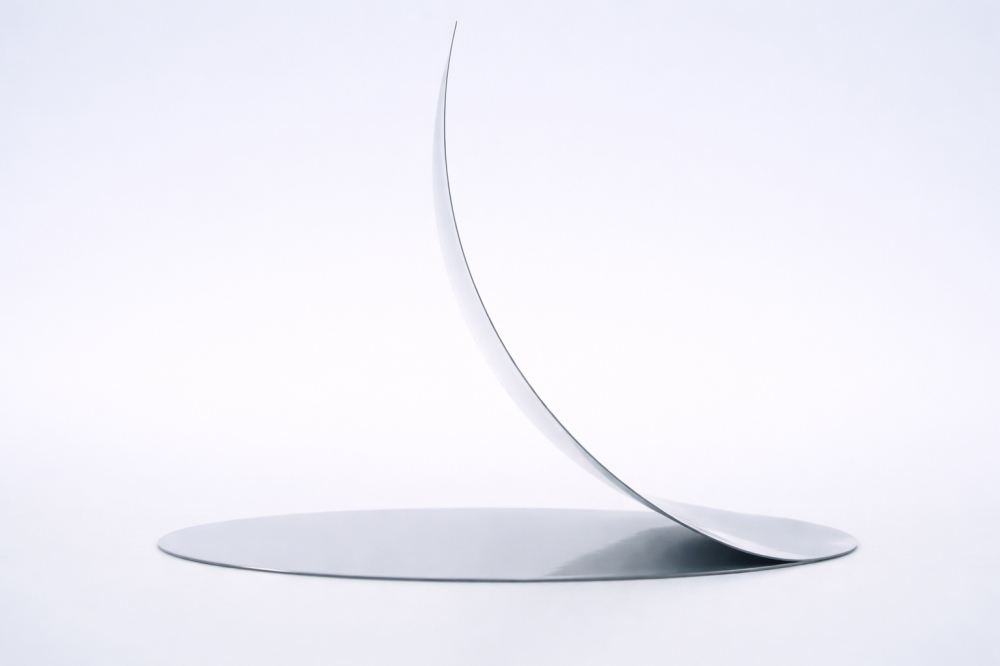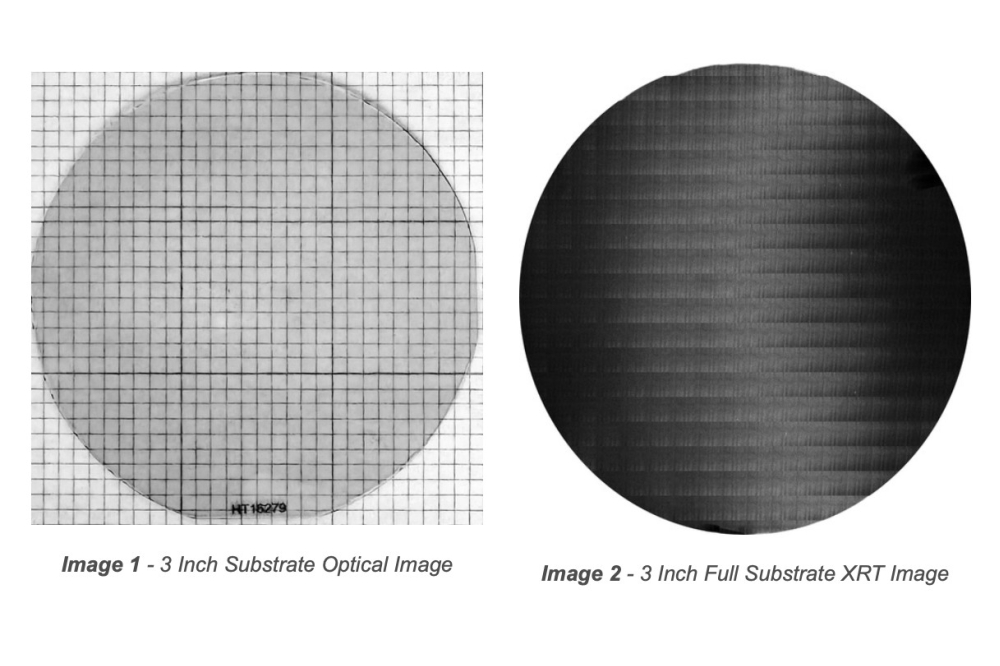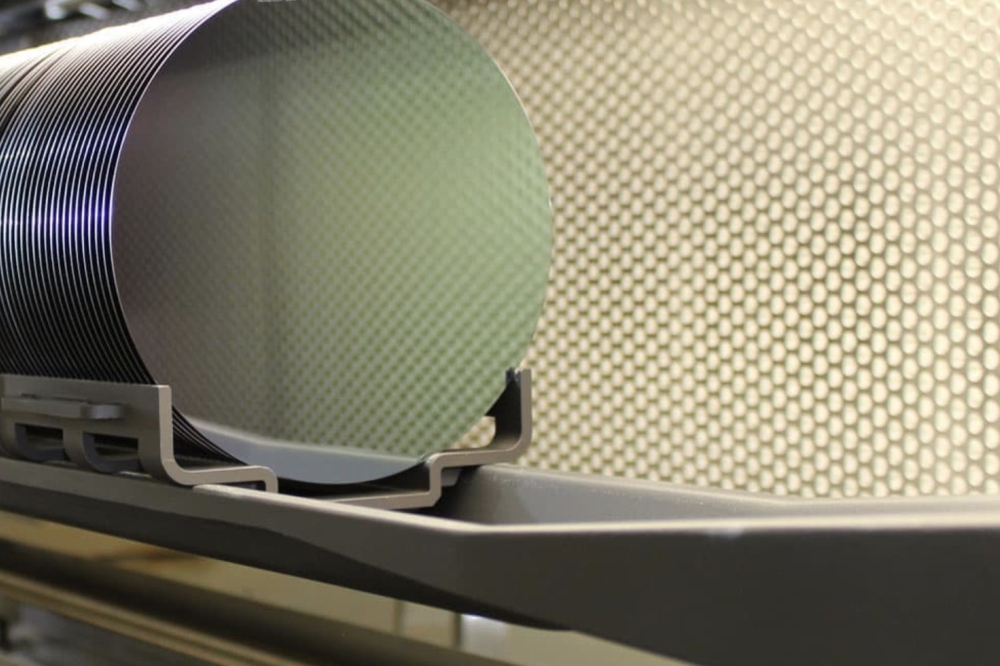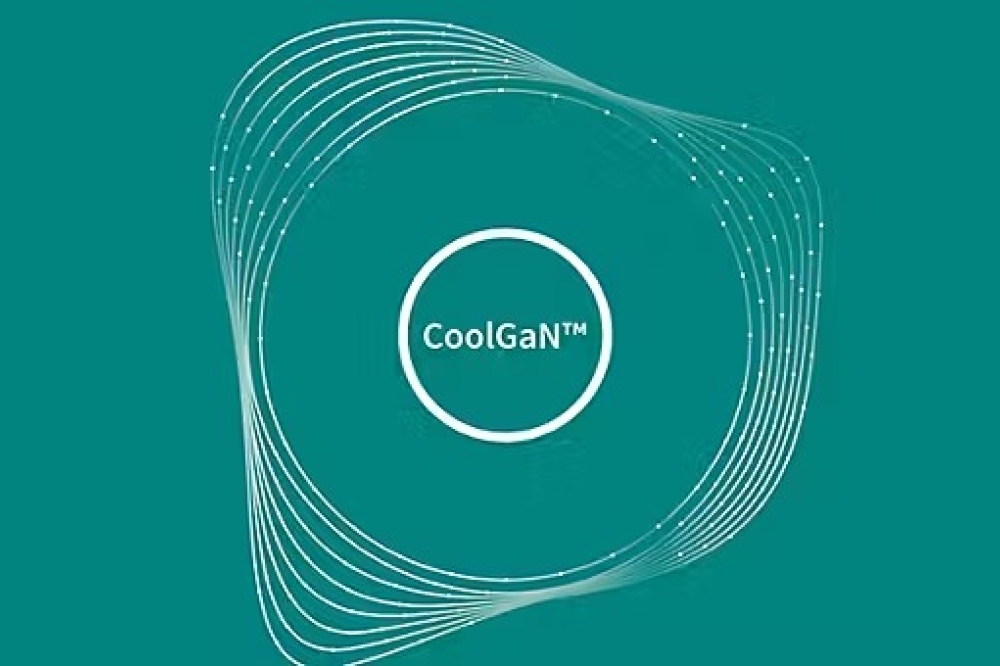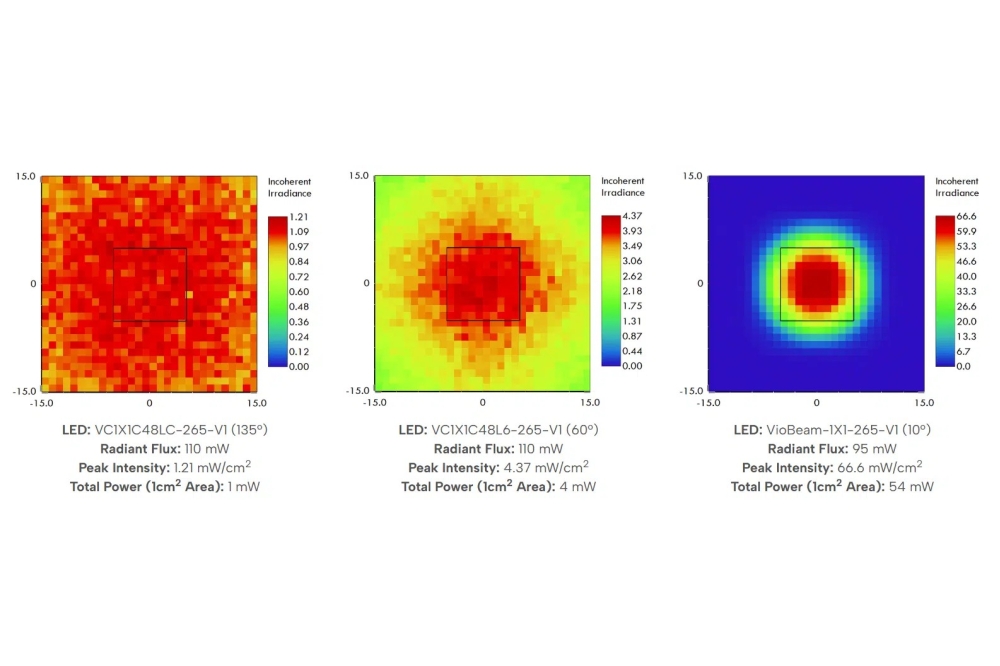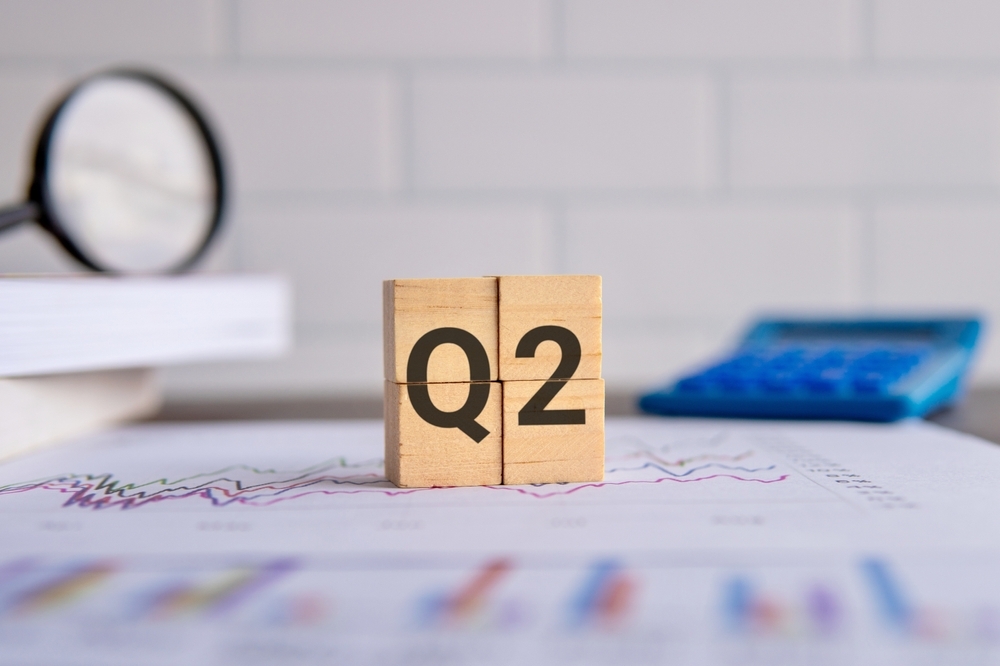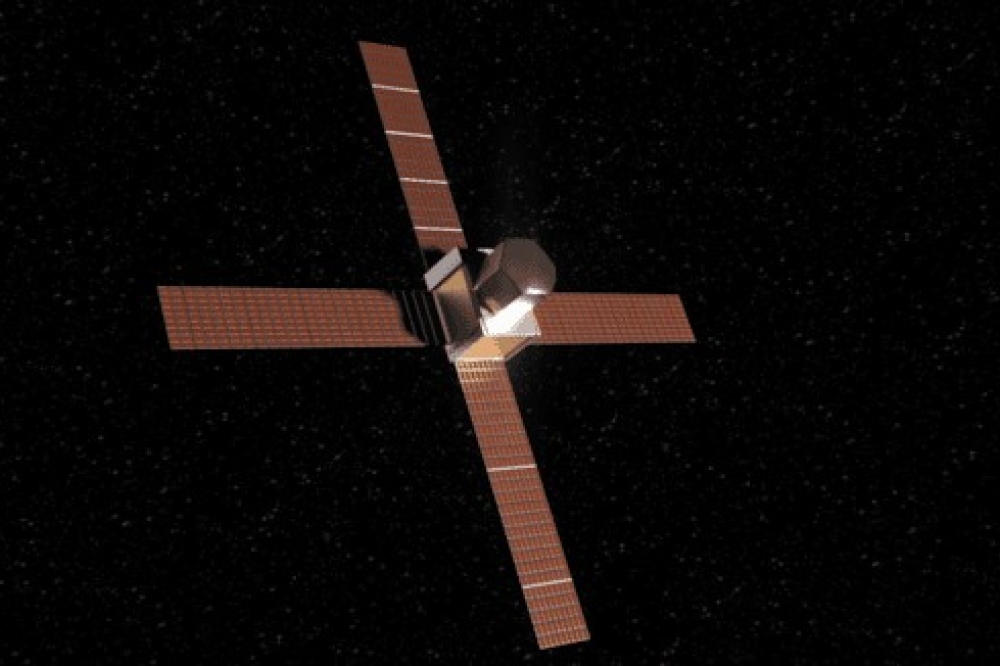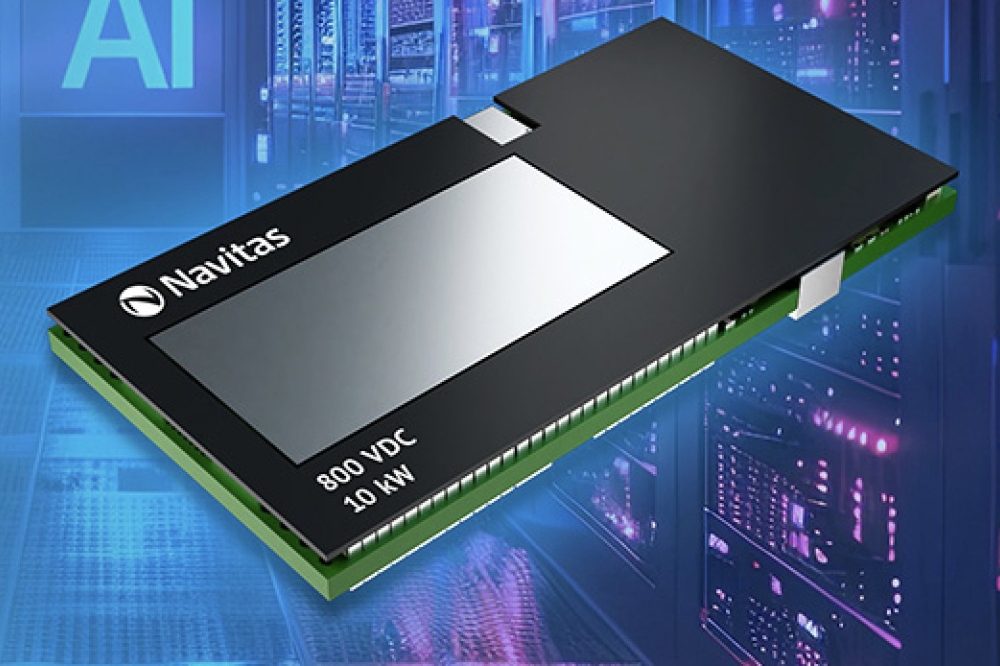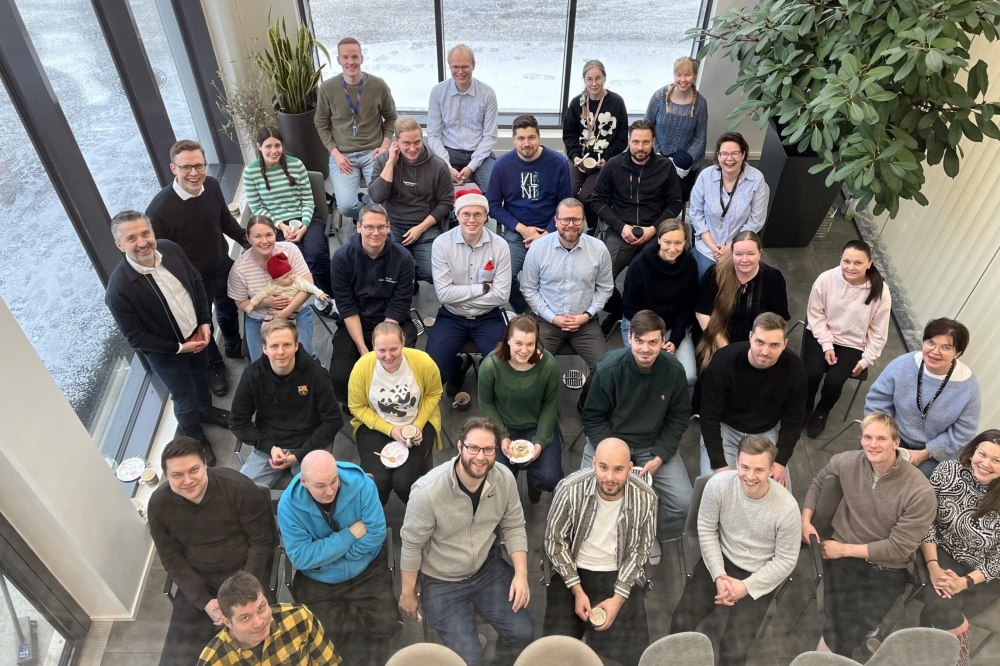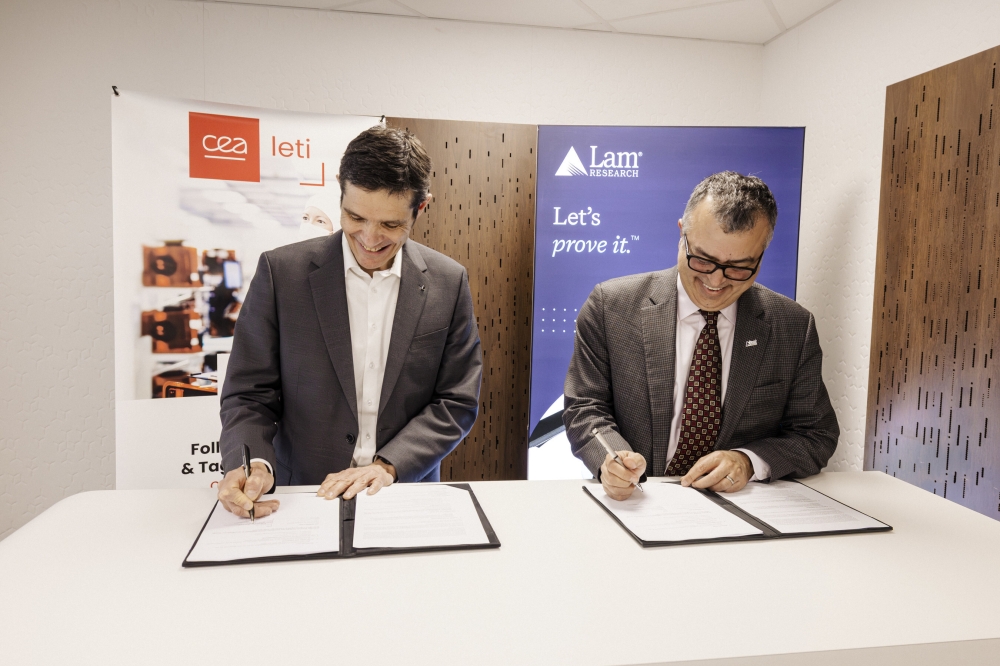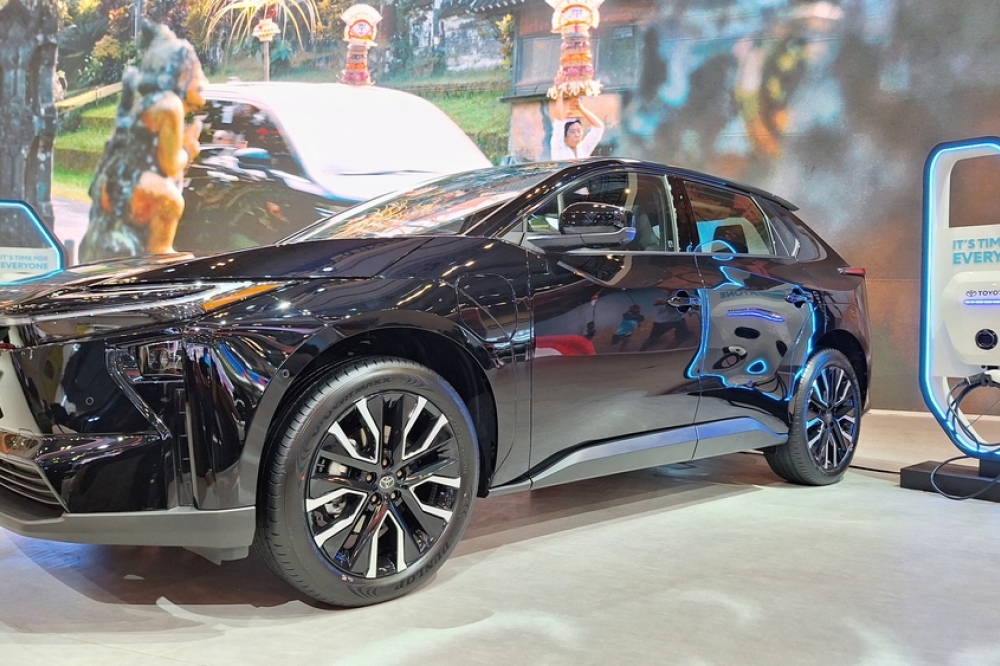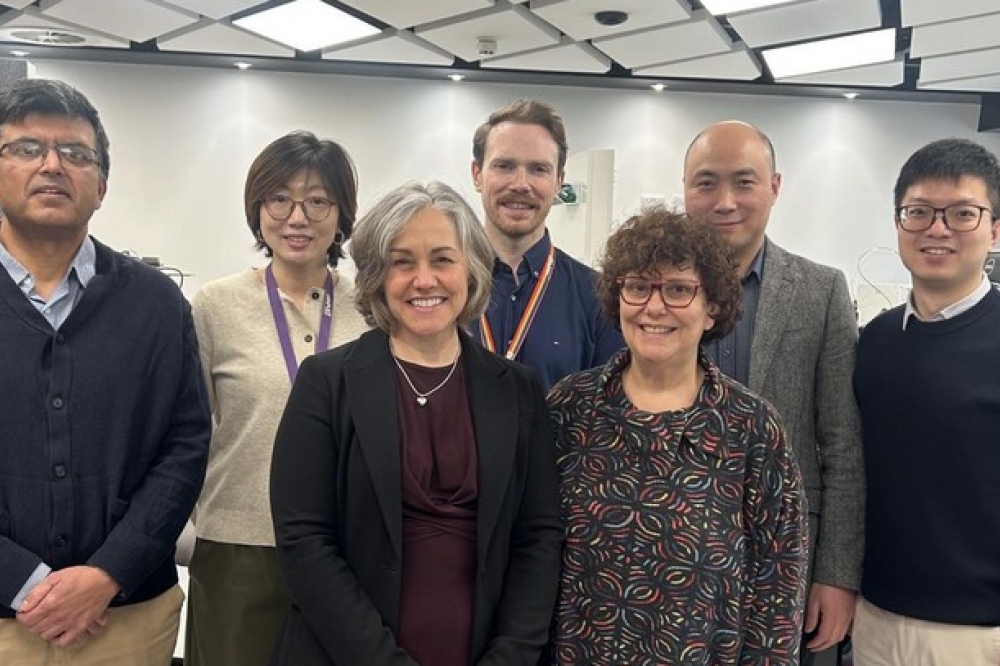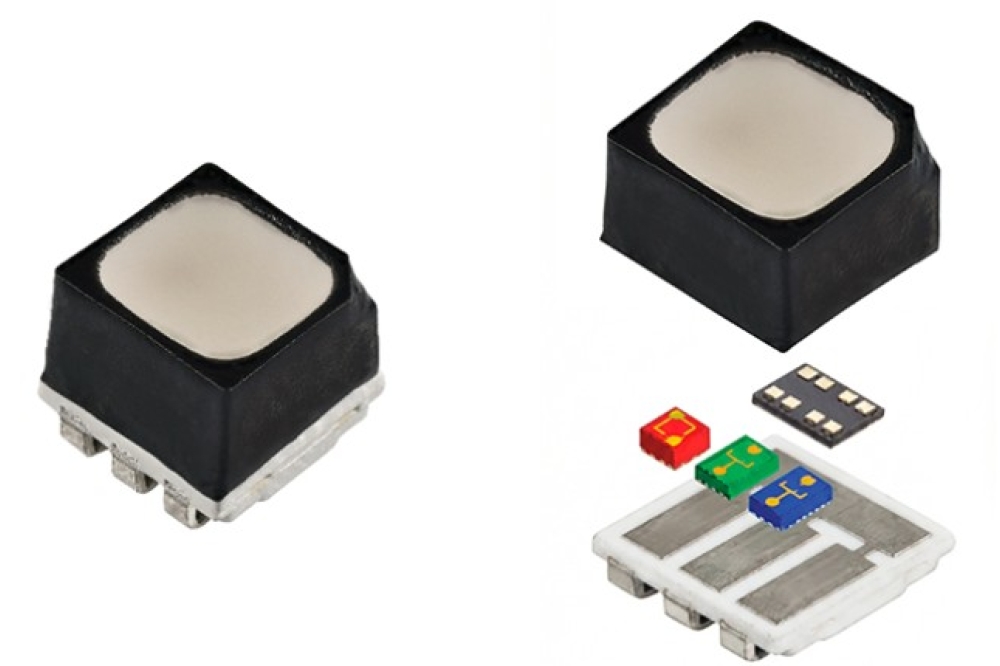Quantum integration project gets €3m ERC grant

Florian Kaiser, head of the Quantum Materials group at the Luxembourg Institute of Science and Technology (LIST), has been awarded a European Research Council (ERC) consolidator grant worth €3 million over five years.
The grant will fund 'Q-Chip', a research project which aims to demonstrate that quantum processors and quantum memories can be operated on a single chip.
The Q-Chip project builds on the five year AQuaTSiC (Advanced Quantum Technologies with SiC) project led by Kaiser and his team, that received €4m in 2023 to explore SiC's potential to improve scalability in quantum computing.
“A major question in modern quantum technology is whether we can combine individual demonstration experiments to create practical, real-world applications,” explains Kaiser.
“Theoretical studies suggest that linking quantum memories and processors – such as on a single chip – could allow even small systems to deliver significant quantum advantages. This will be immediately relevant for setting up a quantum internet, and, at a later stage, quantum computers.”
The ultimate goal of the project is to develop a prototype that mimics Apple's latest M-line chips, incorporating both processor and memory modules on the same chip. This integration will enable superior performance and minimal energy consumption, aligning with the future of quantum technology: scalable, efficient, and practical systems.
Kaiser emphasised that the immediate aim of the project is to create a proof of concept for scalable quantum integration. “We will prioritise hardware development in the first phase of the project,” he said. “Quantum-specific benchmarking experiments will only commence in the final stage.” The initial prototype will consist of a single quantum processor and a single quantum memory, which can be connected via entanglement in a photonic network. At the end of the project, the team aims to present a fully characterised prototype and provide a roadmap for subsequent developments.
On completion, this project will ive a major shift towards reliable, affordable, and widely accessible quantum technologies. Europe is uniquely positioned to lead this transformation, as it dominates the global SiC industry with over 70% market share.
The project is anticipated to commence around April next year.

